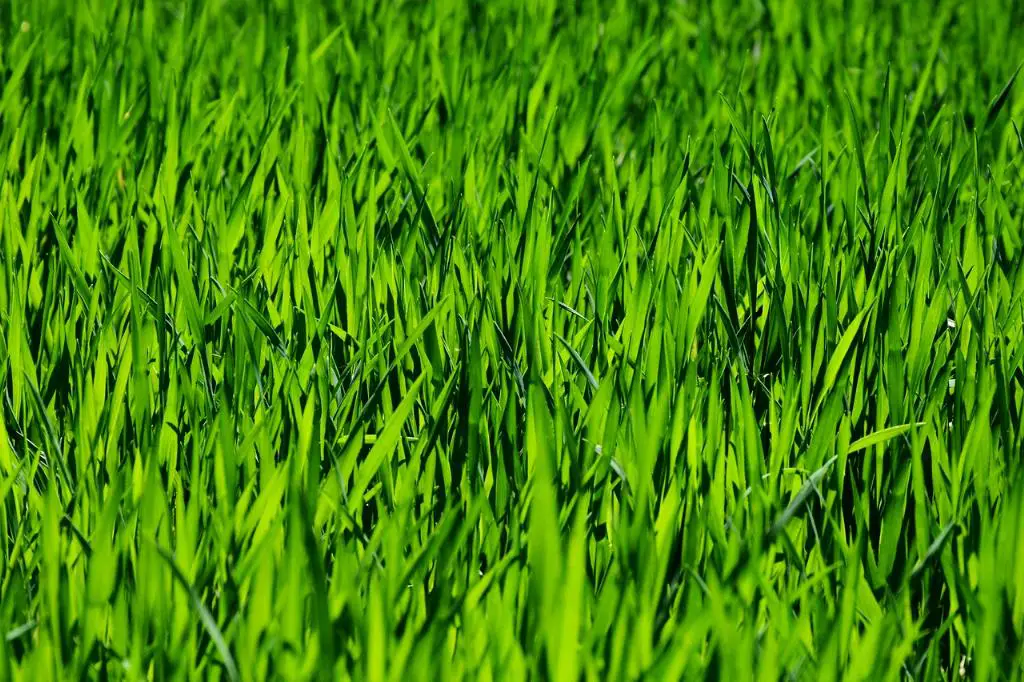When it comes to the question of whether vinegar will kill a lawn, the answer isn’t a straightforward yes or no. Vinegar, particularly household white vinegar, can indeed be used as a natural herbicide to control weeds in your yard or garden. However, its effectiveness as a weed killer also poses a risk to the grass and other plants that you want to keep thriving.
Understanding Vinegar as a Weed Killer
One of the active ingredients in vinegar that makes it effective in killing vegetation is acetic acid. This compound acts by stripping away the protective waxy layer on plant leaves, causing them to dry out and die. While this can be beneficial in targeting unwanted weeds, it can also harm the grass in your lawn if applied indiscriminately.
Potential Risks to Your Lawn
Using vinegar as a weed killer on your lawn carries a risk of unintended damage. If the vinegar comes into contact with your grass, it can cause burns and browning, leading to significant damage or even death of the affected lawn areas.
Factors Affecting the Impact of Vinegar
The impact of vinegar on your lawn can be influenced by various factors, such as the concentration of acetic acid in the vinegar, the amount applied, and the timing of the application. Higher concentrations and excessive amounts of vinegar are more likely to cause harm to your grass.
Application Techniques
If you choose to use vinegar as a weed killer while minimizing the risk to your lawn, it’s essential to apply it carefully. Using a targeted spraying technique and avoiding windy conditions can help prevent overspray onto your grass and other desirable plants.
Alternative Weed Control Methods
If you’re concerned about the potential risks of using vinegar on your lawn, there are alternative weed control methods to consider. These may include manual removal of weeds, mulching to suppress weed growth, or using commercial herbicides specifically formulated for lawns.
Testing on a Small Area
Before applying vinegar to your entire lawn, it’s advisable to conduct a small-scale test on a discreet area to observe the effects. This can help you gauge the impact of vinegar on your grass and make adjustments to your application technique if needed.
Benefits of Using Vinegar Carefully
When used judiciously and with caution, vinegar can offer a natural and cost-effective solution for weed control in your lawn. Its biodegradability and minimal environmental impact make it an appealing option for those seeking eco-friendly alternatives to chemical herbicides.
Maintaining a Healthy Lawn
Regardless of whether you choose to use vinegar as a weed killer, maintaining a healthy lawn through proper watering, fertilization, and regular mowing is essential for its overall resilience against weeds and other threats. A well-nourished lawn is better equipped to outcompete weeds and recover from any potential damage.
Consulting with Experts
If you’re unsure about the best approach to weed control for your lawn or if you have specific concerns about using vinegar, consulting with landscaping professionals or horticultural experts can provide valuable guidance tailored to your unique situation. Their expertise can help you make informed decisions to protect and enhance the health of your lawn.
Conclusion
In conclusion, while vinegar can be an effective natural weed killer, its potential to harm your lawn requires careful consideration and application. By understanding the risks, employing proper techniques, and exploring alternative methods, you can strike a balance between weed control and lawn care to maintain a thriving outdoor space.

